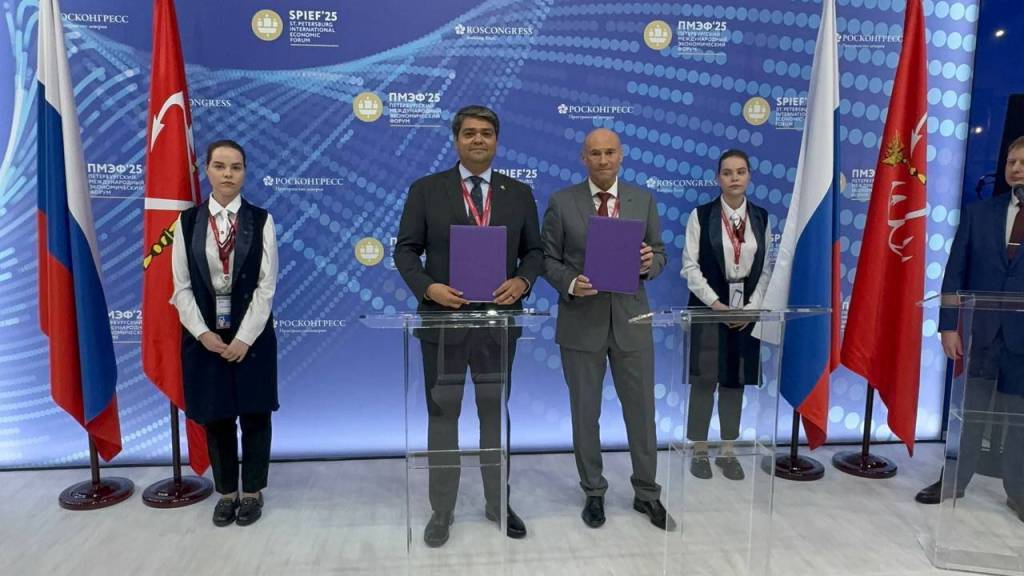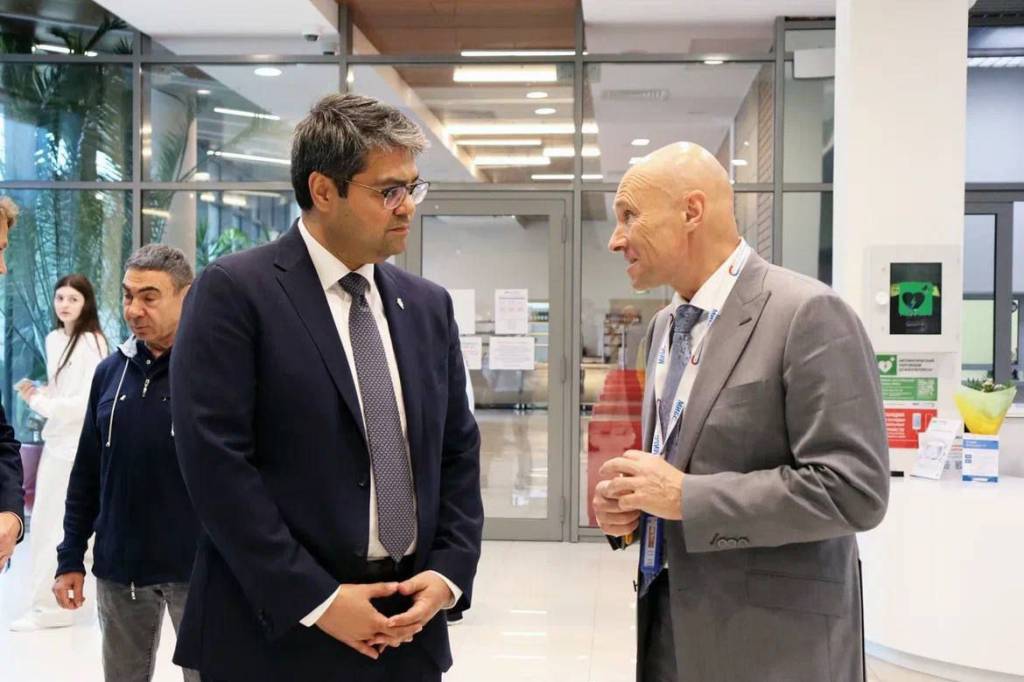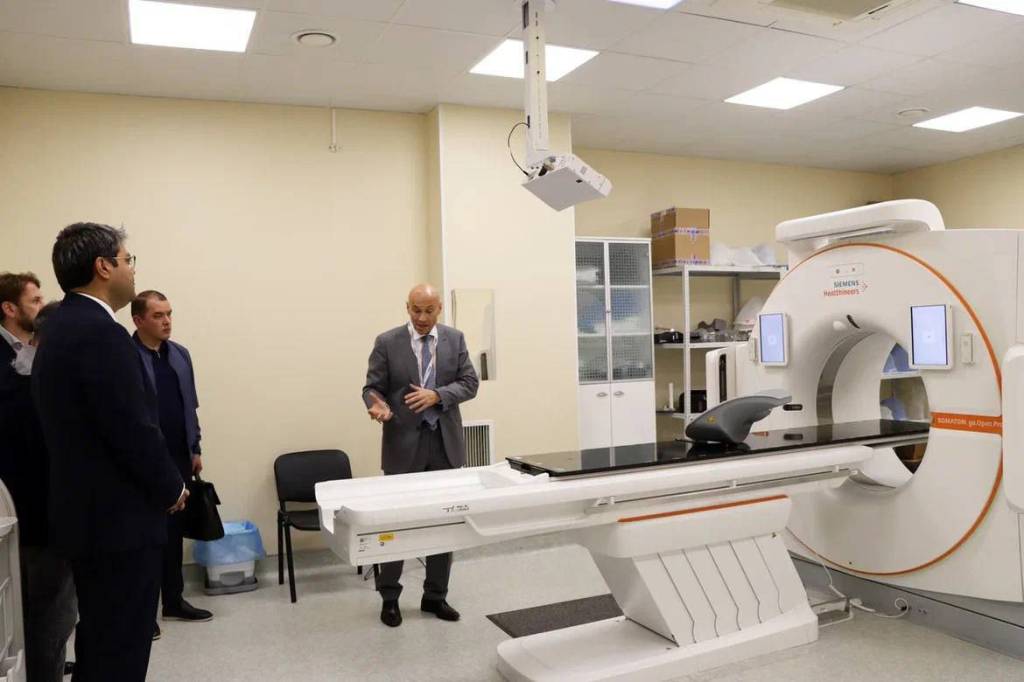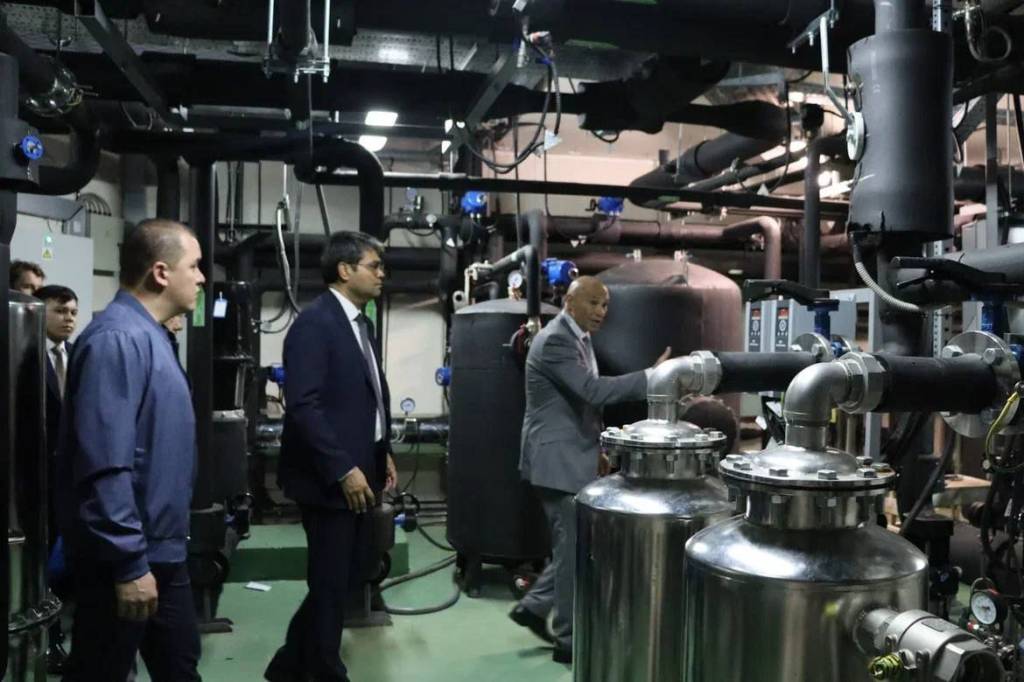
On the sidelines of the St. Petersburg International Economic Forum, an agreement was signed between the Uzatom Agency and the Medical Institute named after Berezin Sergey to implement a joint project to establish a Nuclear Medicine Center in Uzbekistan.
The project will be carried out with the support of the Ministry of Health of the Republic of Uzbekistan. The agreement aims to advance bilateral cooperation in high-tech medicine, focusing on nuclear medicine as a key area for modernizing the country’s oncology care system.

According to the Uzatom Agency, the agreement outlines plans to establish a center equipped with state-of-the-art technology for performing positron emission tomography combined with computed tomography (PET/CT), magnetic resonance imaging (MRI), computed tomography (CT), as well as high-precision radiosurgery systems (such as Gamma Knife, CyberKnife, or next-generation linear accelerators). The project also includes the establishment of a laboratory for the production of radiopharmaceuticals.

Additionally, the initiative provides for the introduction of radionuclide therapy and the expansion of isotope-based diagnostic research.

Nasiba Ziyodullayeva, UzA








